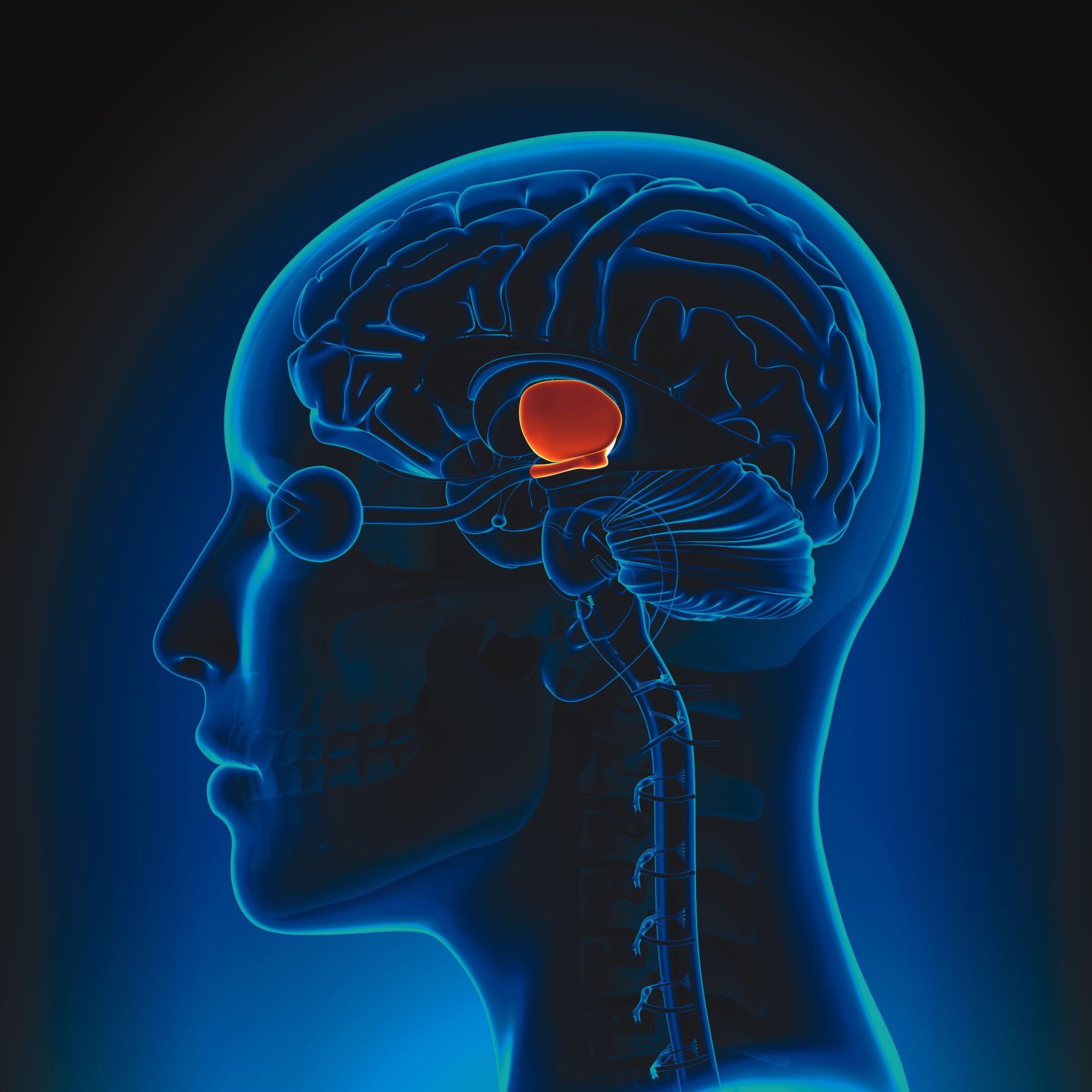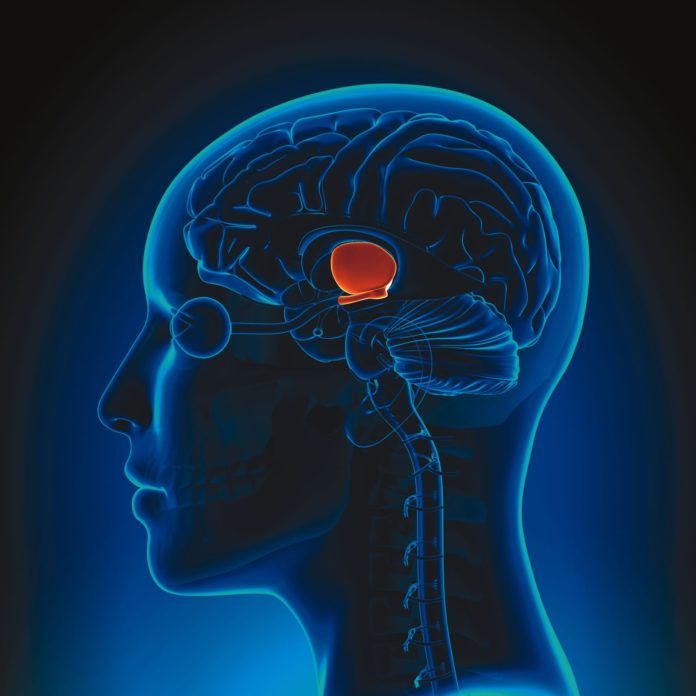Image © decade3d | Getty Images

More than 20 years after the discovery of the so-called “obesity hormone” leptin, a team at Tufts may have at last found this important compound’s target in the brain. In the 1960s, researchers made a surprising discovery: There was a biological mechanism behind the ravenous appetites of obese mice. Labs around the world immediately set out to find out what was making these mice so hungry. In 1994, leptin was discovered. This hormone, which is secreted by fat cells, acts in the brain to suppress appetite following a meal. The discovery of leptin revolutionized the way we think about obesity by illustrating that there can be genetic and biological mechanisms involved. It was hoped that leptin could be a helpful weight-loss aid, but it was quickly discovered that obese individuals already have high levels of leptin in their systems, meaning they aren’t appropriately responding to leptin’s appetite suppressing effects—they are leptin resistant. What mechanisms are behind this leptin resistance, and how leptin actually works in the body, remained a stubborn mystery for decades. “It’s like we could see the light on in the room, but couldn’t find the switch,” says Dong Kong, PhD, assistant professor of neuroscience at Tufts University School of Medicine and leptin researcher.
One Hormone, Many Roles: “Leptin is involved in a lot more than just appetite control,” says Kong. “It promotes energy expenditure, and it plays a role in reproduction, endocrinology, bone formation, and cardiovascular functions. It may even contribute to cancer and dementia. But one of the most exciting things we’ve discovered about leptin is its role in blood sugar control.” When leptin or its receptors are not working properly, the result is severe obesity—and diabetes. It was thought that the body could not maintain blood sugar control without insulin, but, in a study published in Proceedings of the National Academy of Sciences in 2010, it was reported that leptin injected into the brains of mice with type 1 diabetes reversed high blood sugar, without any insulin at all. This finding suggests that leptin could play an important role in diabetes treatment. But in order to move ahead with developing clinical treatments, scientists need to know how leptin works.
Target Discovered: In April of 2018, Kong and his team published a study in the journal Nature which reported that agouti-related peptide (AgRP) neurons in a region of the brain called the hypothalamus are responsible for leptin’s ability to regulate both energy balance and blood sugar control. Deleting the leptin receptors on AgRP neurons caused severe obesity and diabetes. “Without leptin, AgRP neurons are activated,” says Kong. “Blocking those AgRP neurons reverses the excessive hunger that comes with untreated diabetes, and it reduces high blood sugar.” Kong’s research was also able to shed light on the mechanisms behind leptin resistance.
“With a clear picture of how leptin works and the mechanism for leptin resistance, we have the potential to find new treatments for diabetes and obesity,” says Kong. Until then, a healthy dietary pattern and regular physical activity are the best ways to maintain health and weight.





















